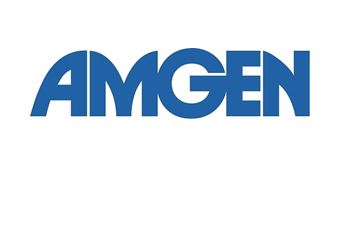Amgen cuts US price of cholesterol drug by 60%

Amgen is cutting the US price of its cholesterol drug Repatha by 60%, following a similar decision by rivals Sanofi and Regeneron earlier this year.
Repatha (evolocumab) will now be sold at $5,850 per year, down from an annual price of $14,100, before discounts and rebates.
The decision follows Sanofi and Regeneron’s move to cut the price of their rival drug Praluent (alirocumab) from $14,600 per year to between $4,500 and $8,000.
Both drugs are from the PCSK9 inhibitor class, and have been fighting it out after they were approved within a few weeks of each other in 2015.
But neither drug has been as successful as the manufacturers would have hoped – their high list prices and an initial lack of data on whether they prevented cardiovascular events put payers off.
Earlier this year, Sanofi announced data showing Praluent slightly lowered cardiovascular events and risk of death, while Amgen has an indication for reducing risk of heart attack and stroke on Repatha’s US label.
After the move by Sanofi and Regeneron earlier this year, Amgen hopes the move will encourage patients to opt for Repatha by cutting out-of-pocket costs.
Amgen will continue offering Repatha at its original list price for a period of time, and discontinue selling it at this price by the end of 2020 or sooner.
The company’s Sureclick delivery system will be available, while a pre-filled syringe and monthly on-body infuser will be available in the next 2-3 months.
In a separate development in England, Praluent and Repatha were selected as high priority uptake products, along with Merck KGaA’s multiple sclerosis pill Mavenclad (cladribine).
The drugs were chosen by the Accelerated Access Collaborative, a body that aims to hasten access to drugs that it thinks could improve patient care while being cost effective for the NHS.
In a list released by the Department of Health and Social Care and NICE, there were four other products, including two tests from Roche Diagnostics for suspected pre-eclampsia and heart attacks.













